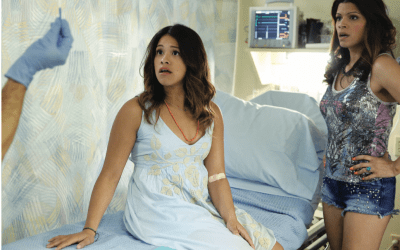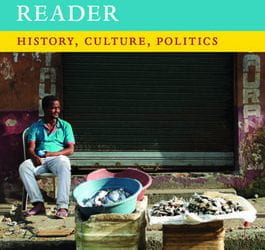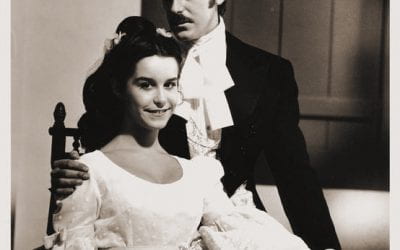Loving Escobar, Hating Narcos
Stumbling across the Colombian narconovela Pablo Escobar: El Patrón del Mal on Netflix was a minor highlight of my recent sabbatical at DRCLAS. For one, it provided the perfect antidote for Narcos fatigue. Like Netflix’s better-known narconovela, Patrón del Mal was a big-budget production filmed on site in Colombia. Unlike Narcos, however, Patrón del Mal isn’t weighed down by a gringo savior narrative. It has the added benefit of featuring Colombian actors speaking with authentic Colombian accents. The second season of Narcos I watched out of a sense of professional responsibility, to defuse the questions about the show that would inevitably come my way. Patrón del Mal was a treat to enjoy on my smartphone on my bus ride from Arlington to DRCLAS in neighboring Cambridge.
The show’s resonance ran deep for me. Watching Patrón del Mal in early 2017, during implementation of the FARC’s historic peace treaty with the Colombian government, was a distinct experience from watching it in 2012, when the show debuted. As much as I enjoyed the portrayals of Patrón del Mal’s various drug lords, I found myself most captivated by figures like Guillermo Cano Isaza, the fearless editor of the Bogotá newspaper El Espectador; and Luis Carlos Galán Sarmiento, the crusading leader of the New Liberalism movement, which once expelled Escobar from its ranks. Cano and Galán’s deaths at the hands of cartel gunmen in 1986 and 1989 exemplify all that violence has taken from Colombia. Yet seeing them portrayed in Patrón del Mal is also a powerful reminder of the kind of political projects that may soon be possible in Colombia, of the potential of this moment in the country’s history.
Fall 2017, Volume XVII, Number 1
Robert A. Karl a 2016–17 Santander Visiting Scholar at DRCLAS is an assistant professor of history at Princeton University and the author of Forgotten Peace: Reform, Violence, and the Making of Contemporary Colombia.
Related Articles
Jane the Virgin
Jane the Virgin, a current television series, makes a compelling case for the U.S. mainstream television and the presence that Latina/os have within that market. The show represents a…
The Colombia Reader: History, Culture, Politics
Fifteen-plus years ago, historian David Bushnell argued in his widely read textbook that Colombia was the least studied and probably the least understood major country in Latin America…
First Take: Our Telenovela, Ourselves
English + Español
that has shaped identities and enacted a multiplicity of roles for Latin Americans in their daily lives. Diverse and ambiguous ways of being and belonging to the world’s popular cultures are…




